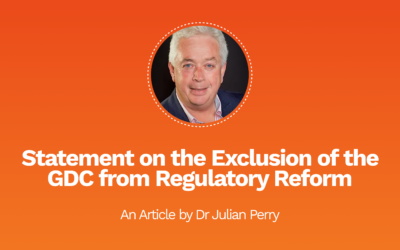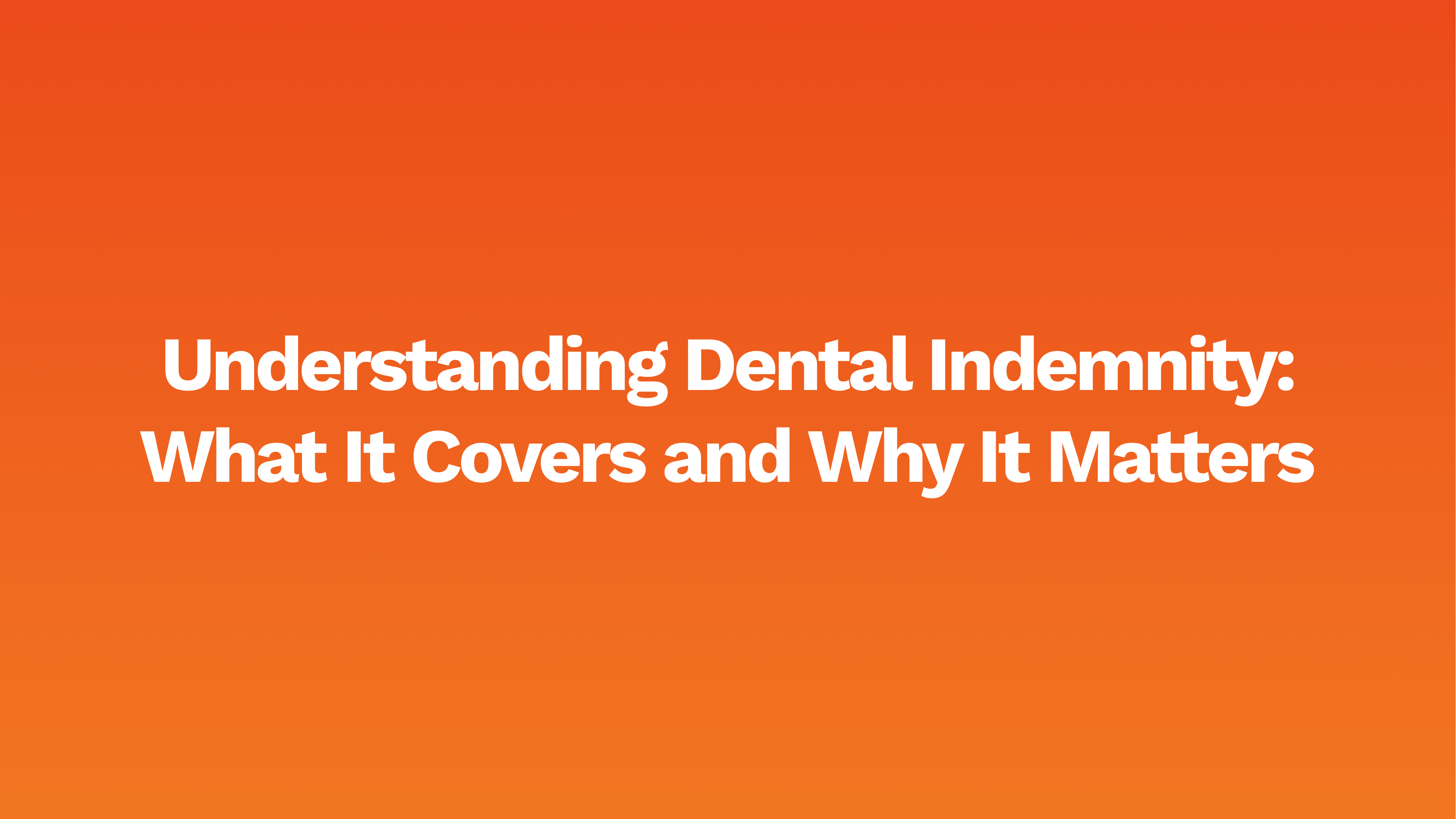An Analysis of UDA Rates and Legal Considerations
The NHS dental contract introduced in 2006 fundamentally changed how dentists in the UK are compensated for their services. The shift from a fee-per-item model to payments based on Units of Dental Activity (UDA) was meant to streamline the system. However, this new contract’s reliance on historical data to set UDA values has led to significant inequities across dental practices.
Some clinics receive as little as £14 per UDA, while others receive £60 or more for providing the same treatments. This disparity in payment rates has created an unsustainable, unfair system that penalises some practices while disproportionately benefiting others, ultimately affecting patient care and practice viability.
In this note, I am setting out my personal view on the gross inequities inherent in the UDA system and look at the legal implications of such a structure, in relation to unfair government contracts.
The UDA System: An Overview
Under the UDA framework, dental practices are paid based on the number of UDAs they deliver. Each dental treatment is assigned a specific UDA value:
Band 1 treatments, such as examinations and simple scaling, are assigned 1 UDA.
Band 2 treatments, such as fillings or extractions, are assigned 3 UDAs.
Band 3 treatments, like crowns, dentures, or bridges, are assigned 12 UDAs.
While the UDA system was designed to simplify payments, it introduced a significant flaw: the value of a UDA varies wildly across practices. This was determined based on the activity of clinics in the year prior to the new contract, regardless of the quality or complexity of the work undertaken. Consequently, clinics that were less active in 2005 are now locked into lower UDA rates, while others that had higher activity rates enjoy disproportionately high payments for the same work.
Gross Unfairness in UDA Valuation
The variation in UDA rates is grossly unfair for several reasons:
Equal Work, Unequal Pay: Dentists providing identical services under the NHS are compensated vastly differently depending on the historical activity of their clinic. This contravenes the basic principle of equal pay for equal work. A clinic receiving £14 per UDA may be forced to deliver more treatments to generate the same revenue as a clinic receiving £60 per UDA, despite both performing the same dental procedures.
Financial Strain on Low-Rate Clinics: Practices with lower UDA rates are placed under unsustainable financial pressure. They are forced to see more patients or deliver more UDAs to remain viable, which may compromise the quality of care or lead to burnout among practitioners. In contrast, higher UDA-rate clinics can achieve financial stability with fewer patients and treatments, creating a significant disparity in workload and income.
Patient Care Impact: The inequity in UDA rates also has repercussions for patients. Dentists in low-UDA-rate practices are often under pressure to provide care as quickly as possible to meet financial targets. This could result in shorter patient appointments, less attention to complex needs, or a reduction in the variety of treatments offered.
Legal Considerations and Precedents
From a legal perspective, I believe there may be potential grounds to challenge the current UDA system based on contract law, public law principles, and human rights considerations.
Contract Law: Unfair Terms
The 2006 NHS dental contract could be seen as imposing unfair terms on practices that were disadvantaged by the arbitrary method of calculating UDA rates. While contracts often lock parties into specific terms, they must not be unduly burdensome or result in an unfair advantage for one party. The unequal payment structure could be viewed as creating an imbalance between different practices, leading to legal grounds for a challenge.
Judicial Review: Irrationality and Proportionality
The NHS, as a public body, has a duty to ensure that its policies and contracts are rational and proportionate. The current UDA system, where identical services are remunerated unequally, could be challenged through judicial review. Courts in the UK have historically struck down government decisions and contracts when they are found to be irrational or disproportionate to the aims they seek to achieve.
For instance, in R (on the application of Unison) v. Lord Chancellor (2017), the UK Supreme Court ruled that Employment Tribunal fees were unlawful because they disproportionately affected access to justice. Similarly, a case could be made that the UDA system disproportionately disadvantages certain dental practices, making it harder for them to provide services and remain viable.
Human Rights: Article 14 of the European Convention on Human Rights (ECHR)
The European Convention on Human Rights (ECHR), incorporated into UK law through the Human Rights Act 1998, guarantees protection against discrimination under Article 14. A case could be made that the UDA system discriminates against dentists based on their location or historical activity, creating unequal access to fair compensation for NHS dental work. Although Article 14 is often invoked alongside other substantive rights (such as the right to property under Article 1, Protocol 1 of the ECHR), it could potentially be used to argue that the current system disproportionately impacts certain practices without justification.
Government Contract Challenges: Precedents
There are examples of successful challenges to unfair government contracts. For instance, in R (on the application of Matrix-SCM Ltd) v. London Borough of Newham (2018), the High Court quashed a government contract after finding that the procurement process was unfair and irrational. Similar principles could be applied to the UDA contract system, particularly if it can be demonstrated that the process of determining UDA rates was arbitrary or unfairly skewed against certain practices.
So in summary, the UDA system as it currently stands is inherently unjust. Dentists performing the same work are being compensated at drastically different rates, creating disparities that are unsustainable for many practices and harmful to patient care. There are strong legal arguments to suggest that the 2006 contract amendments could be challenged based on principles of fairness, irrationality, and potential human rights violations. Reforming the UDA system is essential to ensuring that all NHS dental practices are compensated fairly, patients receive quality care, and the system remains financially sustainable for all involved.
Does anyone else have a view?
At Densura, we believe in empowering both clinicians and patients through education and support. If you have encountered a complaint, claim, or need guidance on any patient-related issue, our team is here to assist you. Contact us at 0207 933 0349, email us at notifications@densura.com or click here. We are committed to providing prompt and professional support to ensure your concerns are addressed effectively.



